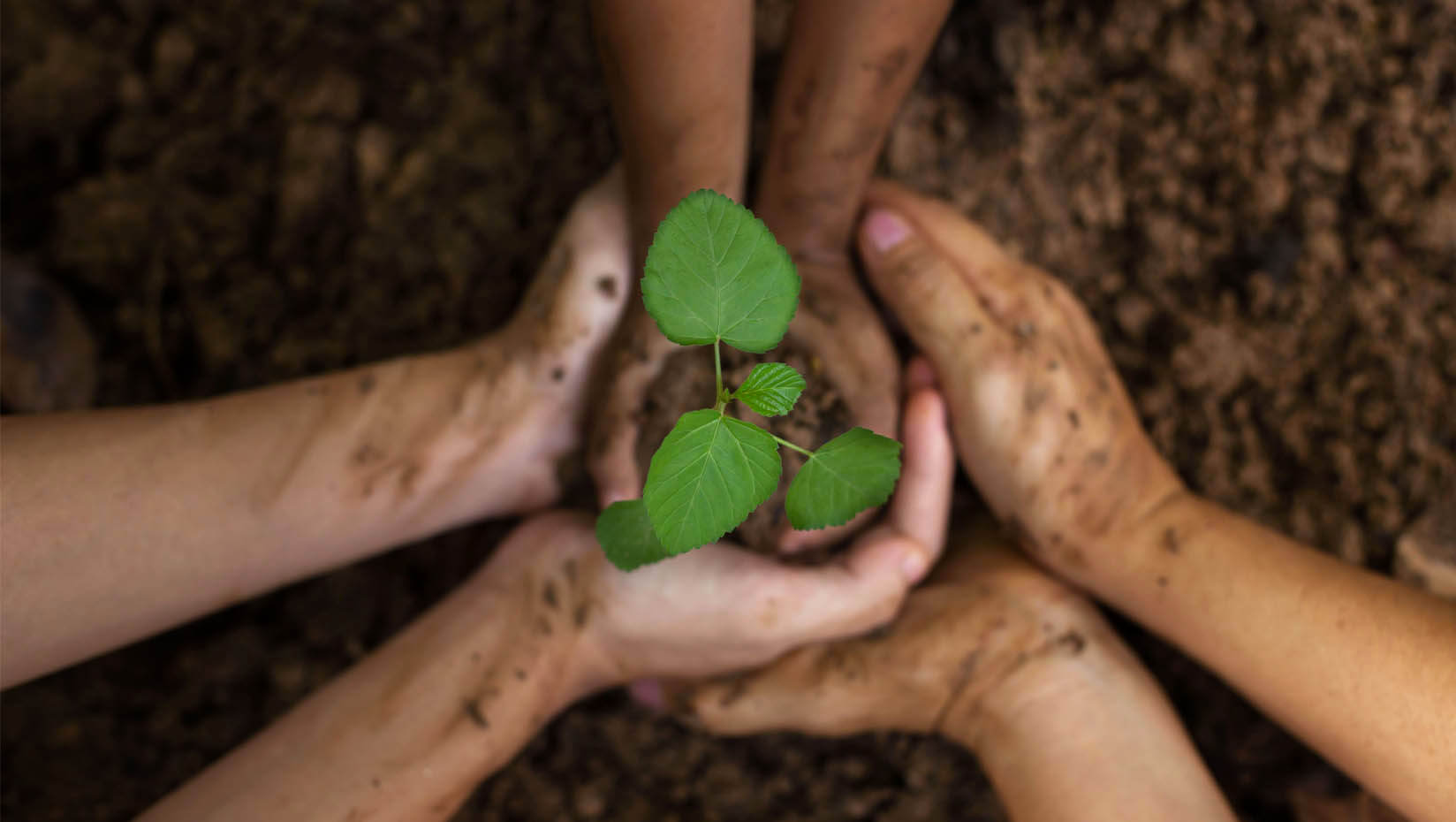
UMaine Extension earns $6.5M for new 4-H workforce development program
University of Maine Cooperative Extension 4-H was recently awarded $6.5 million from the U.S. Department of Agriculture’s Agriculture and Food Research Initiative (AFRI) to nurture future leaders of northern New England’s food system.
The new program, called “Oh Yea! 4-H Grows True Leaders,” will provide experiential learning, practical knowledge and life skill development to hundreds of young Mainers over the next five years. The funding will increase involvement from traditionally underrepresented communities in the Maine food system. UMaine Extension 4-H will partner with community organizations such as Mano en Mano in Milbridge and the Somali Bantu Community Association in Lewiston.
The Maine True Leaders program is an innovative approach to nurturing future advocates of food production and healthy living in Maine. It focuses on migrant, immigrant and refugee families, promoting evidence-based indicators important for families learning to navigate a new country. The program’s key indicators include openness to challenge and discovery, hopeful purpose, positive emotions, resource maximization and cultural membership. The goal of the program is to prepare youth from underrepresented communities for careers in the Maine food system and help them understand the role of food in their daily lives.
“This project is a meaningful example of Extension’s ongoing work to meet the state’s ever-changing needs,” said Hannah Carter, associate provost of online and continuing education and dean of UMaine Extension. “An important factor in solving our ongoing workforce challenges is to embrace and support the growing number of people who want to build a life here. At Extension, one way we can do that is through the lens of Maine’s food system, which plays an important role in a strong economy and thriving population.”
Maine True Leaders employs a model of youth development that features hands-on educational and outreach opportunities conducted in a safe and welcoming environment. Activities are designed and developed by the participants.
“Over the course of the project, teens will develop learning tools and activities based on their own interests in the food system, which might include food equity, cultural food systems and career exploration,” explained Mitch Mason, UMaine Extension professor, 4-H youth and family development. “With these tools in hand, the teens will then go out to local schools and teach youth in grades K–8. Along the way, we expect to recruit and train adults who will build positive relationships with participants and help facilitate engagement with local communities.”
Throughout the project, UMaine Extension faculty and community partners will also be co-conducting research aimed at understanding how Maine youth programs can be welcoming and adaptive for youth and adults of all backgrounds and cultures. The research will identify systemic and cultural barriers, as well as promising mitigation strategies, to participation in 4-H and food system education.
Five northern New England communities will be selected to host the program. UMaine Extension is currently hiring several new staff and recruiting volunteers to deliver the program.
AFRI is a program of the National Institute of Food and Agriculture at USDA. University of Vermont Extension is a subrecipient of the grant and will receive $1.6 million; the remaining $4.9 million will go to UMaine Extension.
Contact: Mitch Mason, 207.781.6099; mitchell.mason@maine.edu
